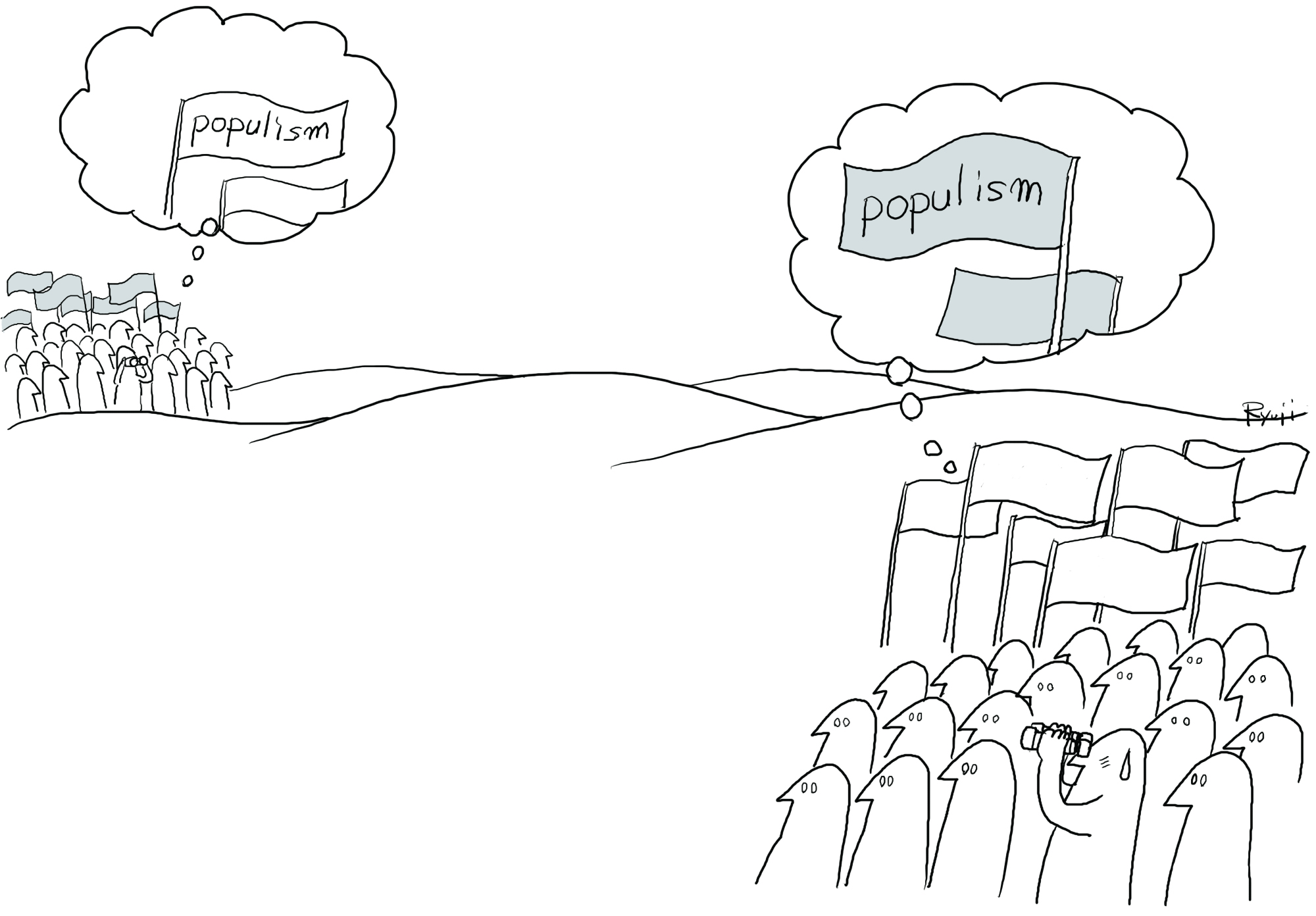In the July 2016 Tokyo gubernatorial election, Yuriko Koike, who entered the race without support from any of the political establishments, scored an overwhelming victory, soundly defeating Hiroya Masuda, backed by the ruling coaltion of the Liberal Democratic Party and Komeito, and Shuntaro Torigoe, endorsed by opposition forces such as the Democratic Party and the Japanese Communist Party.
Koike's margin of victory was far bigger than anticipated — she garnered 44.5 percent of the votes, compared with Masuda's 27.4 percent and Torigoe's 20.6 percent. Of the votes cast for Masuda, about 45 percent came from people constituting a solid voting block for Komeito, while a little over 50 percent of the votes for Torigoe were cast by JCP supporters. It is presumed that Koike won votes from a majority of people who normally vote for the LDP and most of the unaffiliated swing voters.
In the Tokyo Metropolitan Assembly race last month, the Tomin First no Kai (Tokyoites First) party headed by Koike won 55 of the 127 seats, followed by Komeito with 23, the LDP with 23, the JCP with 19 and the Democrats with five. Behind the LDP's crushing defeat was popular anger against what was perceived as insincere responses by Prime Minister Shinzo Abe and his party in Diet deliberations, which had led to a plunge in the approval ratings of the Abe administration. Equally miserable was the dismal performance of the DP, which, in my view, was the outcome of the party having lost its pride as a liberal political group.


















With your current subscription plan you can comment on stories. However, before writing your first comment, please create a display name in the Profile section of your subscriber account page.